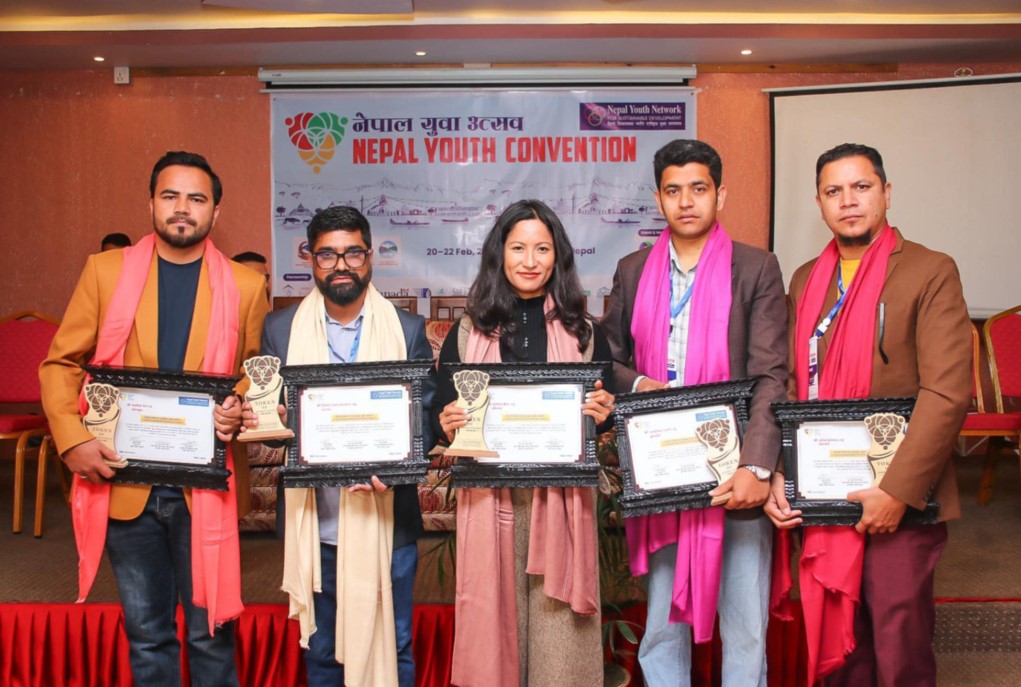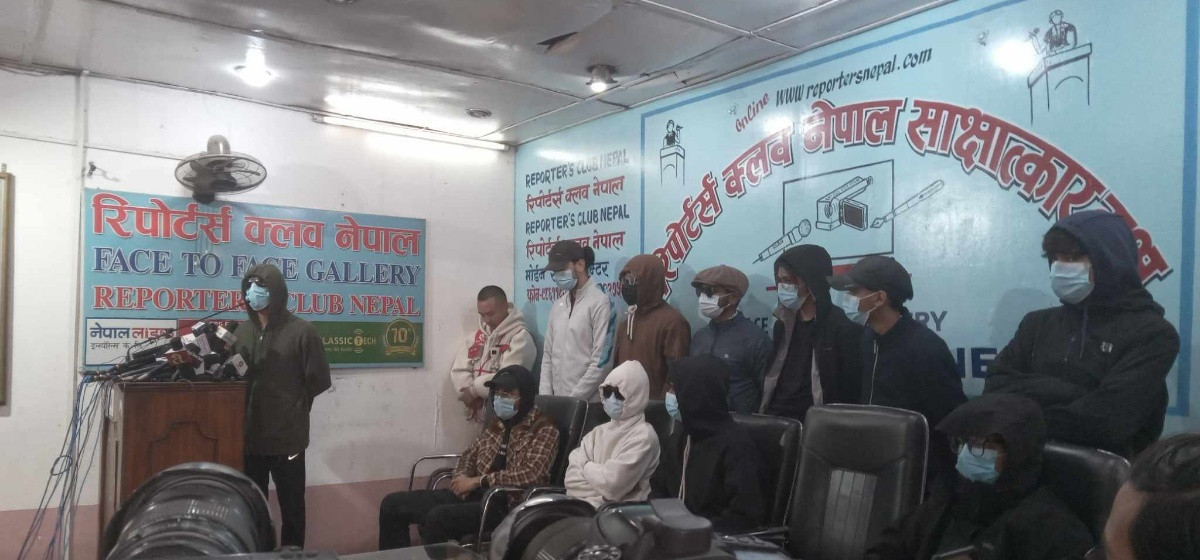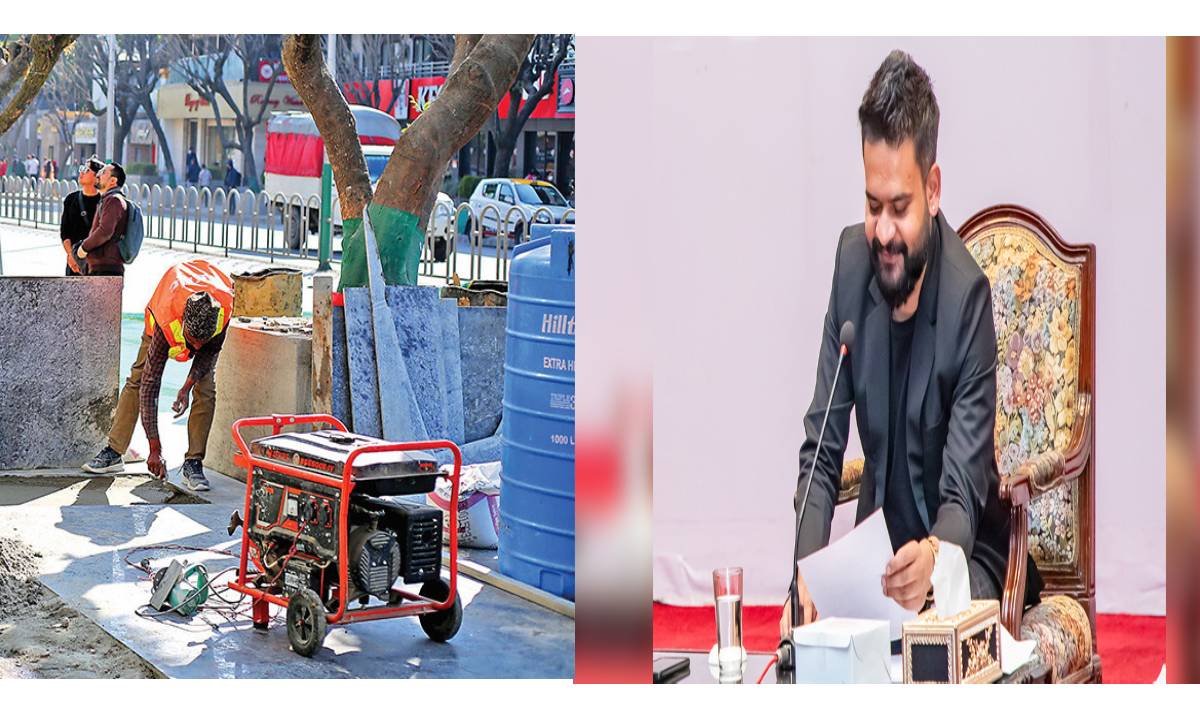KATHMANDU, Nov 7: Civil society organizations in Nepal have called on President Ram Chandra Poudel to lead the mountain agenda at the upcoming COP-29 climate conference in Baku, Azerbaijan, from November 11-22. As the head of Nepal’s delegation, President Paudel has been urged to amplify Nepal's voice on climate issues that affect mountain regions.
In a letter to the president, representatives from 17 organizations highlighted Nepal’s vulnerability to climate change, biodiversity loss, and pollution. As home to some of the world’s highest peaks, Nepal faces severe risks that threaten mountain communities and ecosystems, which play a vital role in global water, food, and biodiversity security. Despite this, mountain issues often receive limited attention in global climate discussions.
The groups urged President Paudel to advocate for the inclusion of “mountains and climate change” as a formal agenda item at COP-29. They also called for the UN to hold regular meetings focused on mountain community challenges to foster global cooperation and sustainable solutions.
Civil society calls for inclusive climate action ahead of COP29

The letter emphasized the need to integrate mountain issues into climate adaptation plans, funding strategies, and other key initiatives. The groups also proposed the creation of a dedicated UN program to address critical issues facing mountain areas, including glacier melting, water shortages, and ecosystem changes. They stressed that Nepal, as a least-developed country, requires increased support for climate adaptation, especially regarding food and water security.
The organizations further called for climate finance to be fair, transparent, and accessible, ensuring that funds reach those most affected without exacerbating their debt burdens.
In addition, the groups urged COP-29 leaders to prioritize gender equity and youth leadership, ensuring meaningful participation from women, youth, and indigenous communities. They also pushed for easy access to the Loss and Damage Fund for local communities, who often bear the brunt of climate disasters and are key to developing local solutions.
The civil society members also emphasized the importance of sharing stories from communities on climate-related losses, urging Nepal to present these narratives during COP-29’s high-level dialogue on Loss and Damage. They called on wealthier nations to provide climate finance as grants rather than loans and to prioritize support for vulnerable groups, including women, children, and indigenous people.
The 17 organizations include Karnali Integrated Rural Development and Research Centre, Prakriti Resources Centre, Digo Bikash Institute, Climate Action Network South Asia, Practical Action Nepal, Oxfam, People’s Climate Mobilization-Nepal, Climate and Development Dialogue Nepal, among others.








































